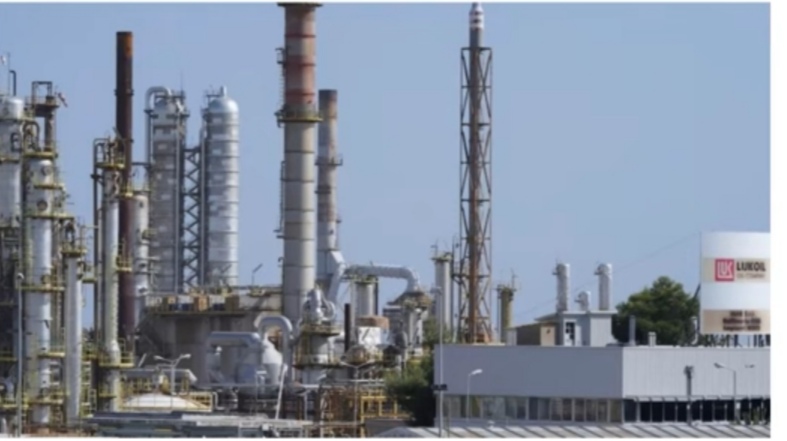 In a move that underscores India’s shifting trade strategy, Nayara Energy — partly owned by Russia’s Rosneft — has exported diesel to China for the first time in nearly four years. This rare shipment follows sanctions from the European Union and United States on Russia-linked energy companies, which have limited Indian access to European markets.
In a move that underscores India’s shifting trade strategy, Nayara Energy — partly owned by Russia’s Rosneft — has exported diesel to China for the first time in nearly four years. This rare shipment follows sanctions from the European Union and United States on Russia-linked energy companies, which have limited Indian access to European markets.
With Western restrictions in place, Indian refiners have sought new buyers, and China’s vast energy demand makes it a natural fit. This trade not only benefits both economies but also indirectly softens the impact of sanctions on Russia, which still profits through its stake in Nayara.
The shift comes alongside another rare trade development — China resuming urea exports to India after years of inactivity. As the world’s largest importer of urea, India sees this as crucial for supporting farmers and protecting agricultural production.
These moves also carry a subtle geopolitical signal. With Donald Trump’s past behavior toward India viewed as inconsistent — and his perceived friendliness toward Pakistan raising concerns — India appears intent on diversifying its partnerships. By strengthening economic links with China while keeping other markets open, India is making it clear that it will not compromise on core interests such as agriculture and farmer welfare.
While border disputes remain unresolved, this renewed energy and fertilizer trade highlights a broader truth: in global economics, practical necessity often overrides political differences. How this shift impacts Asia’s power balance will depend on future market trends and the evolving dynamics of India–US relations.
Stay tuned for more updates at Thangnews24.com.